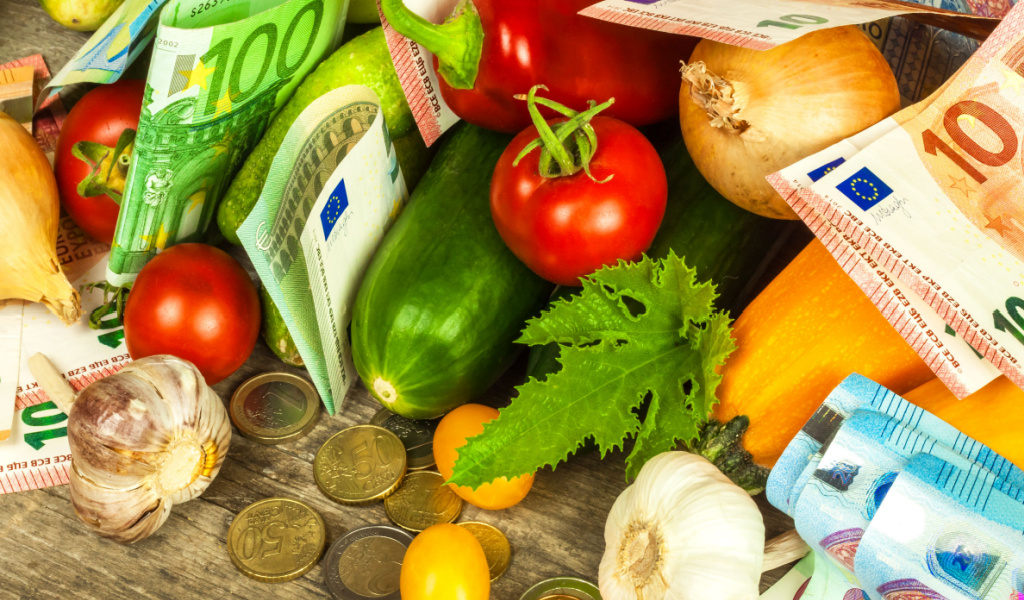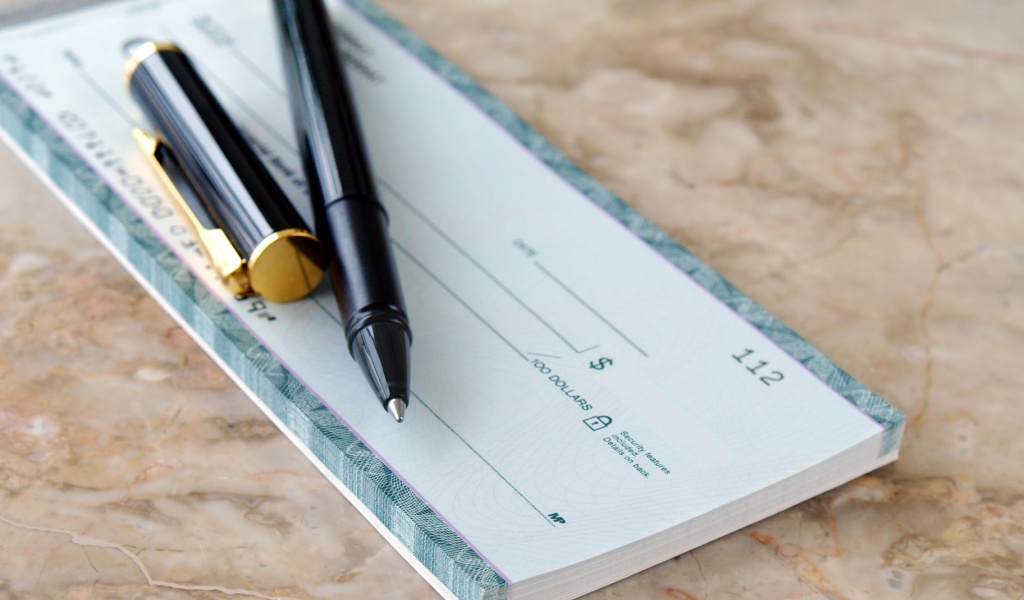Food is one of the biggest necessities of human life, but we’ve also learned to derive immense pleasure from it. Therefore, it shouldn’t come as a surprise to anyone when I say that food is also one of the most common areas where people tend to overspend.

At the same time, the sad reality is that a lot of food ends up squandered. Not only is this wastefulness disgraceful when considering the millions of people around the world who are food insecure, but it is also just a waste of money. It may not seem like a big deal when you end up throwing away that bag of wilted spinach or that jar of dip that’s slowly gone fuzzy over the period of a few months, but that can add up over a lifetime.
Enter: Meal Planning.
Meal planning is the idea that you are going to map out your meals for the course of the next week, month, or whatever time period suits you best. You can write down what you’ll have for breakfast, lunch, and dinner for that period of time and draw up a grocery list based on that. This way, you’ll be able to plan a week of tasty, diverse food that you’ll always have the ingredients for.
Sometimes, meal planning can also include batch cooking or cooking ahead (typically on the weekends or when you have time off) and freezing food in batches so it can just be reheated and enjoyed quickly. Here are some ways in which meal planning helps you save money:
Meal Planning Saves Money
How many times have you gone to the grocery store to do your weekly shopping and wandered around aimlessly, picking a bit of that and a bit of this, anticipating the things you may or may not need? And when it comes time to do the actual cooking, you always realize you’re short a couple of ingredients, so you go back to the store. And of course, you don’t just buy what you came for but also a bag of chips or a candy bar, and so on.
Calculating all the unplanned trips to the store, plus the food you bought thinking you will eat it but ended up throwing away, your food-related expenses end up being much more than they need to be. Simply put, meal planning will help you eliminate – or at least minimize – both of these. When you plan all your meals, you know exactly what ingredients you need and you can buy only those.
Meal Planning Minimizes Eating out
When you have your meals planned out, there is a much lower chance of you resorting to takeout on days you hadn’t anticipated eating out. A lot of people tend to turn to eating from out, especially on weeknights when they’re low on time and energy, just because they can’t think of what to make or aren’t sure they have enough ingredients to make something. When you’ve got a meal plan, you know exactly what you should have and you know you’ve got everything on hand too!

Meal Planning Saves Time
Expanding on the previous point, having your meals planned out will help you save time in the kitchen as well. Since you know what meals are coming ahead, you can prep a few ingredients for dinner while making breakfast or lunch if you have some extra time. Or you can make extra of one component so that can be a part of another meal – like cooking extra rice at lunch so you can turn it into congee for dinner or breakfast the next day. You can also make a bigger batch of something and put it in the fridge for another meal. If you make batches of different foods like rice, meats, and veggies, you can mix and match so every meal feels different. So, a homecooked meal is only a quick reheat in the microwave away!
Meal Planning is Fun
Meal planning doesn’t take the fun out of food – in fact, it’s the exact opposite. By planning your meals, you’re able to incorporate your favorite foods into the week ahead and also make sure that you have a diet that is balanced and full of nutritious food. In fact, cooking every single meal can seem cumbersome – so, you can also add a few dinners here and there for takeout or to go out for something nice.
So, if you indulge in some fast food once in a while, you won’t feel guilty because you know the rest of your meals will be healthy. And if you spend a bit more on a nice meal, you know your budget can handle it because you’ve managed to cut down on expenses in the form of wasted food.



